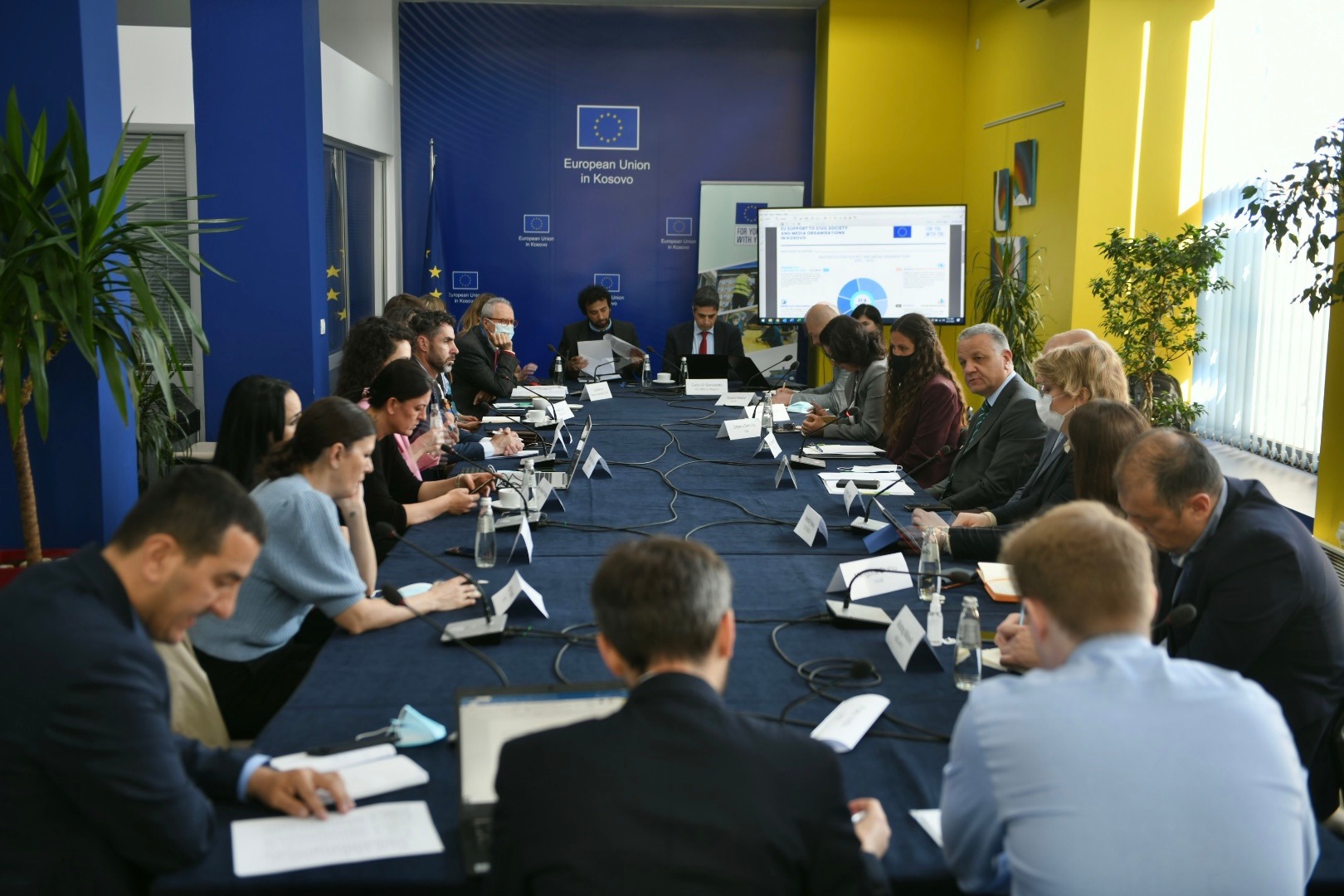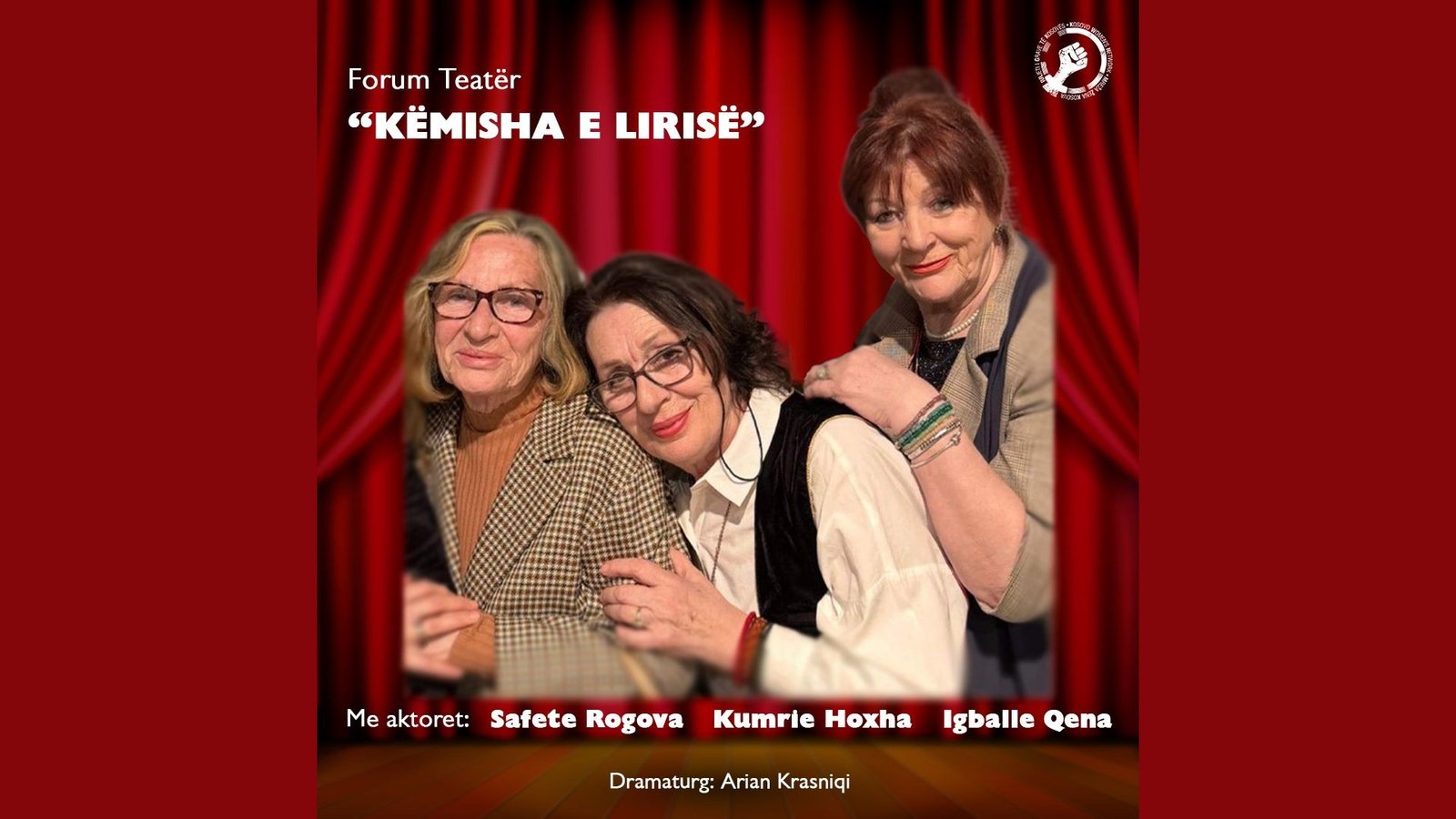KWN had the pleasure of attending the EU consultation with civil society related to the Instrument for Pre-Accession (IPA) III on 28 April. Mr. Maragos, Head of Unit for Kosovo and Bosnia and Herzegovina in the European Commission’s Directorate-General for EU Neighbourhood & Enlargement, took part, emphasising the important role of civil society in engaging with the government and EU related to the EU Accession process. He welcomed civil society to “keep an eye” on forthcoming plans to engage international financial institutions (IFIs) in investing in the private sector with EU-funded guarantees.
During its contribution, KWN stated that the EU and Government of Kosovo have improved in their consultations with civil society in recent years and have taken steps towards institutionalizing consultations with civil society, though invitations, agendas, conclusions, and follow-up can be shared more regularly and made publicly available by the EU and government. KWN also raised the following issues, based on its research:
- KWN recommended in its Policy Brief related to IPA III: the EU should make stronger policy commitments to and: ensure ex ante gender impact assessments inform all EU-funded actions; make gender-responsive budgeting obligatory as part of all funding, including direct Budget Support to the government; and regularly track and report on actual expenditures on gender equality and on women’s rights organisations (WCSOs) respectively. These are commitments in the EU Gender Action Plan (GAP) III as well as in line with Kosovo’s own commitments.
- The EU should continue supporting civil society to increase the engagement of diverse WCSOs, including at local levels, in the EU Accession process with continued use of diverse funding modalities, including sub-granting to support them in advocating their priorities and monitoring the government’s implementation of its commitments related to the EU Accession process at the local level. The EU should support a “funding ecosystem” as recommended in the regional report Where’s the Money for Women’s Rights? that includes long-term (rather than currently short-term) operational grants for CSOs that are key strategic partners of the EU, renewed on an annual basis based on performance; sub-granting to reach diverse, grassroots CSOs; and programmatic grants. Service contracts also can engage CSOs that are positioned to contribute their expertise.
- Via political dialogue, the EU should encourage the government to allocate sustainable financing for civil society, through modalities designed in close consultation with diverse CSOs, so that this funding is available in the future, is transparent, and based on needs.




